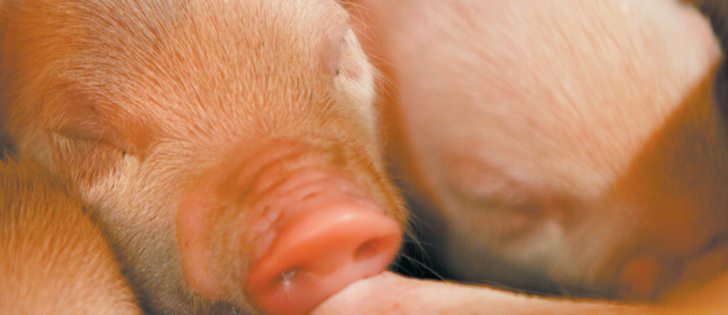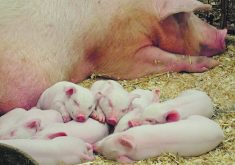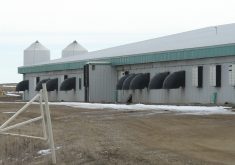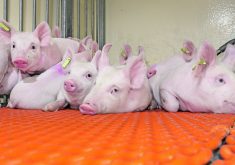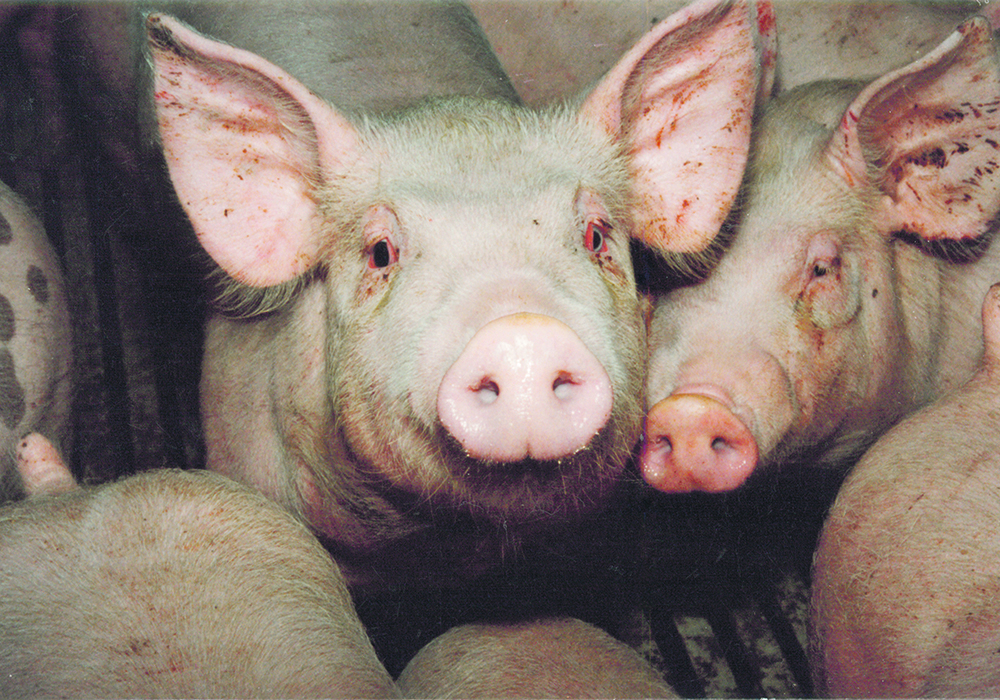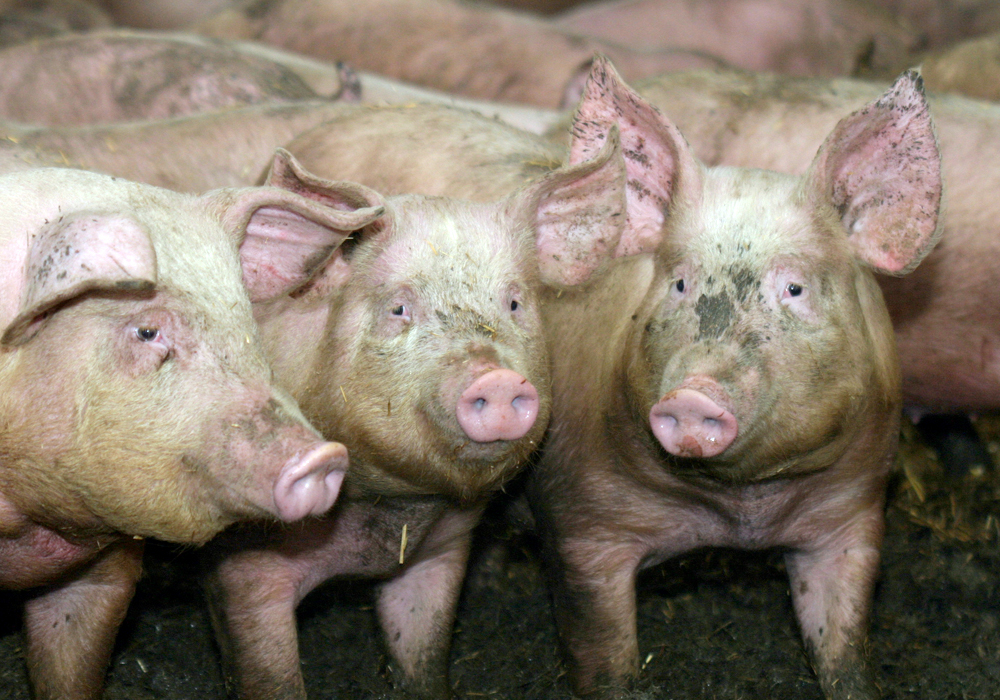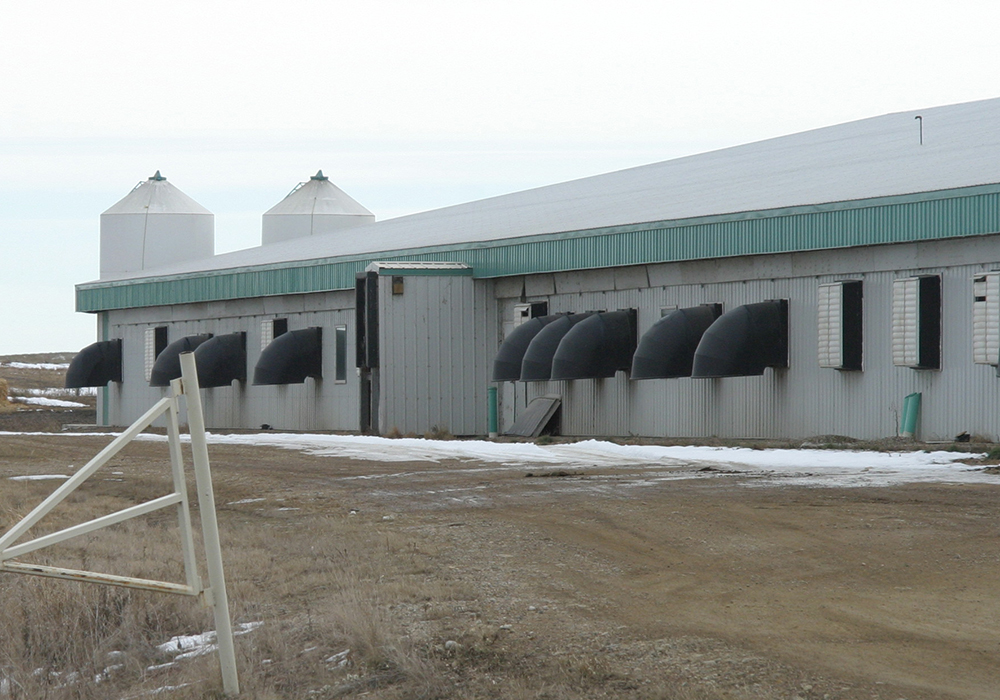Three new cases of porcine epidemic diarrhea virus were reported on Ontario hog farms in January.
One new case was confirmed Jan. 15 in a farrow to partial finish operation in Bruce County, a second was confirmed Jan. 21 in a Huron County finishing barn and a third was confirmed Jan. 28 in another Bruce County finishing barn. That brings Ontario’s total to 88.
The three cases were the first ones found this year in Ontario.
Dr. Mike DeGroot, technical veterinarian with Ontario Pork, said Jan. 29 that the majority of infected farms in that province had either eliminated the virus or had plans to do so in 2016.
Read Also
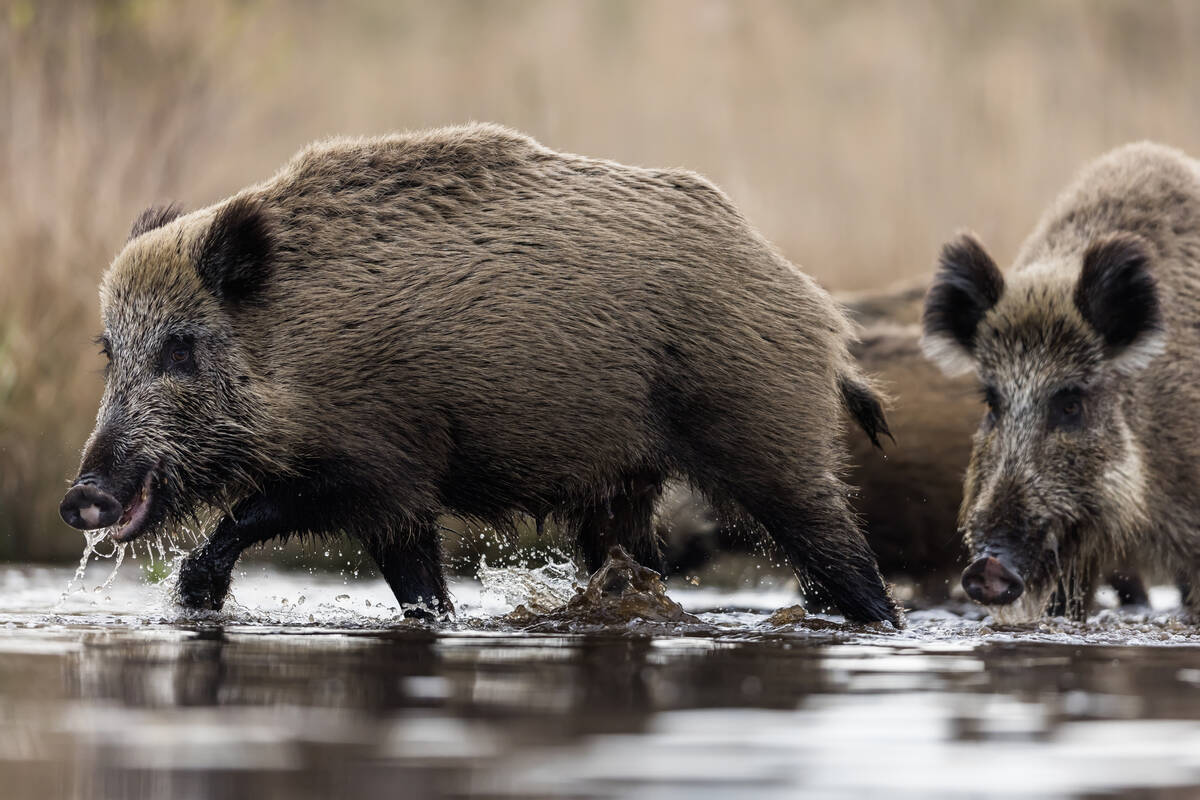
Manitoba bans wild boar possession
Manitoba has tightened the regulatory status of Eurasian wild boar in an effort to help fight back against invasive wild pigs.
Veterinarians at the Banff Pork Seminar held earlier this month indicated a small number of Ontario operations that have the virus had decided to live with it rather than eliminate it.
DeGroot said he could neither confirm nor refute that information, although he has heard speculation on the matter.
“The majority of the sites are focusing on eliminating it, and as we get further in 2016 and we get down to even a handful of sites that are positive, we can start focusing in on helping them eliminate the virus as well,” he said.
“Each situation is a little bit different, and I’m hoping that there’s very few or none that are looking at it and saying, ‘I’m just going to live with it forever.’ ”
The PED virus thrives in cold weather, so producers trying to eradicate it in their barns may have better success in spring or summer, DeGroot said.
PED is not a reportable disease, and there are no regulations requiring producers to eliminate it in their barns.
Veterinarians have learned the best ways to eradicate the virus since it was first found in Canada in 2014.
“I think there’s more reason there for a producer to look at his or her situation and decide elimination is the best thing,” said DeGroot.
“We know we can eliminate the virus from all types of farm sites, so I think that should be the number one focus for a producer that breaks with PED, is, ‘let’s try and get PED eliminated from my farm and do it in as timely a fashion as possible.’ ”
He said the next step in Ontario’s fight against the virus is to eliminate it from the province.
All cases previously reported in Manitoba are now negative for the virus. Quebec, which once had 16 infected sites, has eliminated it from those premises. Similarly the single site on Prince Edward Island that reported PED in 2014 is now PED-free.
The virus is almost always fatal to young piglets, which die quickly of dehydration and malnutrition. Older animals can survive it, and a vaccine now allows sows to provide early immunity to their litters.
The virus is easily spread in manure and on various surfaces. Winter is considered a high-risk period for spread in part because it is more difficult to thoroughly clean things in cold weather.
Ontario Pork posted a notice to its website warning producers to be diligent in their biosecurity. It carries out regular testing of high traffic sites for presence of the virus.
“Recent environmental testing has shown increased detection of PED virus at federal and provincial processing plants,” it said on its website.
“Increased survival of PEDV in colder weather may be one factor contributing to this rise in positive samples.… Surveillance results indicate that producers and truckers should consider processing facilities, abattoirs and assembly yards as high risk for PEDV transmission and should take appropriate biosecurity precautions.”
PED infections haven’t been found on hog operations in Saskatchewan, Alberta and British Columbia. The virus does not affect meat quality, and it is not a threat to people.
Contact barb.glen@producer.com


